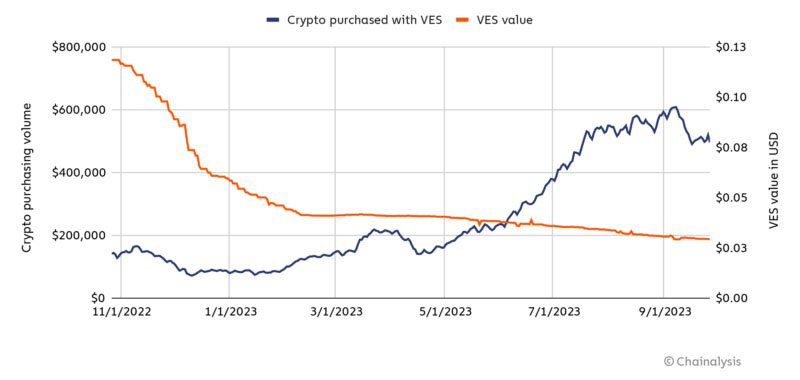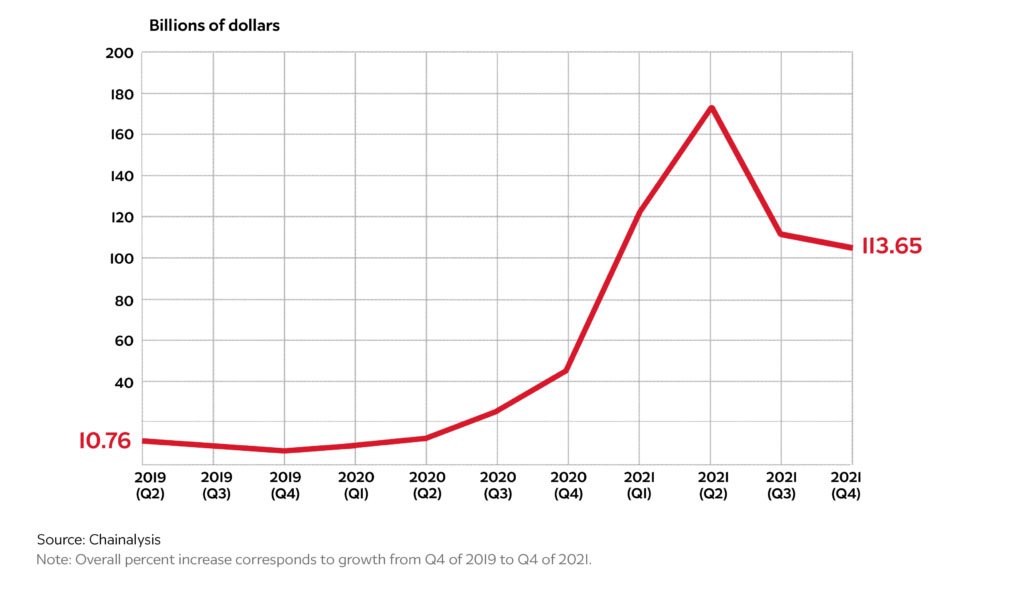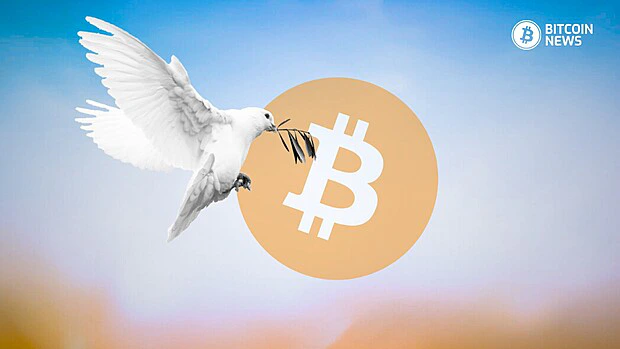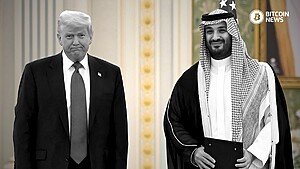In a world often characterized by economic disparities, political tensions, and social unrest, the pursuit of peace is more crucial than ever. One surprising avenue through which peace may be fostered is Bitcoin.
Bitcoin is commonly known for its role in reshaping financial systems and democratizing access to wealth. However, it also has the potential to contribute to global peace by addressing economic inequalities, offering a decentralized form of governance, and enabling financial autonomy.
This article delves into how Bitcoin could serve as a catalyst for peace, examining its potential to reduce conflict and promote stability.
Related: Against War? Buy Bitcoin
Bitcoin as a Tool for Economic Empowerment
Economic inequality is often a root cause of social unrest. Across the globe, economic disenfranchisement has driven populations to protest against governments, economic systems, and even entire political structures.
One of Bitcoin’s most revolutionary features is its ability to empower individuals economically without relying on traditional banking systems.
Bitcoin’s decentralized nature means that anyone with an internet connection can participate in the network, store value, and engage in global commerce.
For individuals in countries plagued by hyperinflation, currency devaluation, or restrictive capital controls, Bitcoin offers a stable alternative for storing and transferring wealth.
This financial autonomy allows citizens to bypass corrupt institutions, giving them greater control over their financial futures.
Consider Venezuela, where political instability and rampant inflation have left millions struggling to preserve their savings. Many have turned to Bitcoin as a hedge against the failing national currency, enabling them to maintain a level of financial stability that would otherwise be impossible.
By empowering individuals in economically unstable regions, Bitcoin can reduce poverty and inequality, which, in turn, diminishes the socioeconomic pressures that often lead to conflict.

Reducing Financial Exclusion
Financial exclusion—where large swaths of the global population lack access to banking services—contributes to poverty, lack of opportunity, and the marginalization of communities.
In regions without reliable banking systems, people are left vulnerable, unable to save money securely, access credit, or engage in business transactions. This lack of access not only limits individual economic growth but can exacerbate regional instability as communities are left in poverty.
Bitcoin offers a way to bypass traditional financial systems, granting millions of unbanked individuals access to a secure and efficient means of transacting and saving money.
Because Bitcoin doesn’t require a bank account, credit history, or government-issued ID, it can serve as a bridge to financial inclusion for those left behind by conventional banking systems.
By bringing financial services to the unbanked, Bitcoin fosters economic development, reducing tensions that arise from poverty and economic exclusion.

Decentralization and Sovereignty
Another key aspect of Bitcoin’s potential contribution to global peace lies in its decentralized nature. Traditional financial systems are often tightly controlled by central banks and governments, which can manipulate currencies for political gain, leading to economic instability and sometimes conflict.
This centralization of power has, on numerous occasions, fueled civil wars, economic sanctions, and power struggles between nations.
Bitcoin operates on a decentralized blockchain, meaning no single entity can control its issuance or manipulate its value for political purposes. By providing a neutral, borderless currency, Bitcoin diminishes the power of any one government or institution over a person’s economic life.
This form of sovereignty—where individuals are empowered to manage their own wealth without interference from centralized authorities—can reduce the risk of financial oppression, helping to create more stable and peaceful societies.
Transparency and Accountability
Corruption and the lack of financial transparency are often at the heart of many conflicts. Corrupt governments can funnel public funds for personal gain or use them to maintain their grip on power, leaving citizens disenfranchised.
The misuse of public funds has led to uprisings, wars, and political instability in various parts of the world.
Bitcoin’s blockchain provides a transparent ledger of all transactions, making it significantly harder for funds to be misappropriated without public scrutiny.
While the identities of Bitcoin users are pseudonymous, the public nature of the blockchain ensures that transactions can be tracked, and patterns of corruption can be uncovered.
By promoting financial transparency, Bitcoin can reduce corruption, fostering trust between citizens and their governments, and consequently contributing to a more peaceful society.
Financial Independence and Conflict Resolution
In regions torn by conflict, access to financial resources is often controlled by governments or warring factions, leaving civilians vulnerable. This control over financial systems can be used to further political agendas, exacerbating violence and instability.
For instance, in conflict zones, banks are often used as tools to cut off opponents from financial resources, thereby heightening tensions and prolonging conflicts.
Bitcoin offers a decentralized alternative, allowing individuals in conflict zones to access and transfer funds without reliance on a potentially corrupt or hostile local banking system.
For displaced populations, such as refugees, Bitcoin provides a secure way to store and move wealth across borders, enabling them to rebuild their lives in new regions without fear of losing their assets to government or military seizures.
Additionally, Bitcoin’s borderless nature makes it easier for international aid organizations to send and distribute funds directly to those in need, bypassing corrupt intermediaries or unreliable local currencies.
By providing a secure, stable financial lifeline in times of conflict, Bitcoin can contribute to the resolution of disputes and aid in post-conflict reconstruction.
Conclusion
Bitcoin’s transformative potential extends far beyond its role as a digital currency. By providing economic empowerment, fostering financial inclusion, and promoting transparency, Bitcoin has the capacity to contribute to global peace in a variety of ways.
Its decentralized, borderless nature helps to reduce the power of centralized authorities over financial systems, mitigating the risks of corruption, economic oppression, and conflict.
As Bitcoin adoption grows, it offers a unique opportunity to create a more stable, peaceful world where individuals are economically empowered, governments are held accountable, and financial independence is accessible to all.
While Bitcoin alone cannot solve all the world’s problems, its role in fostering economic equality and transparency positions it as a valuable tool in the ongoing pursuit of global peace.










